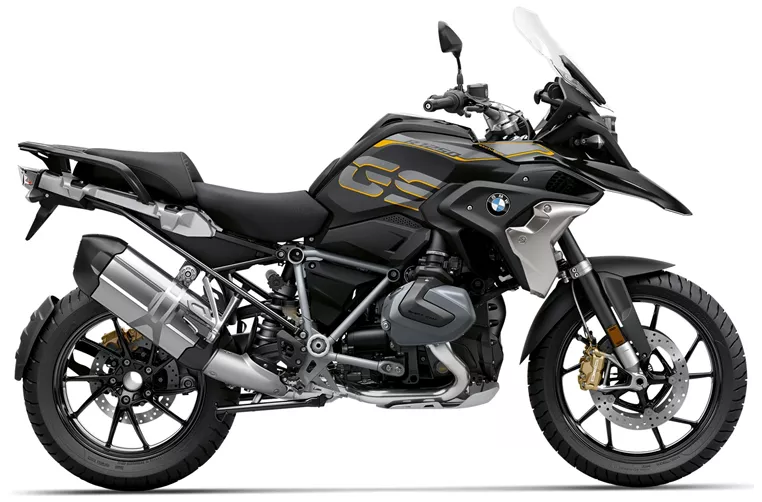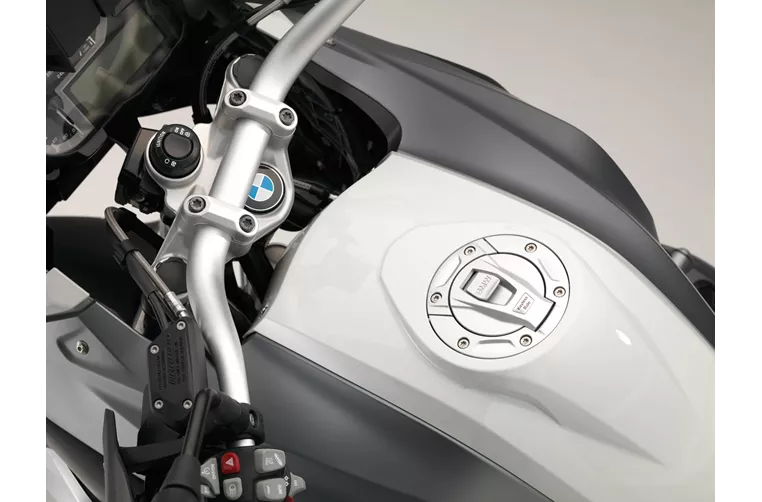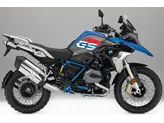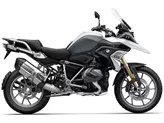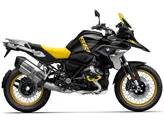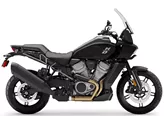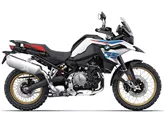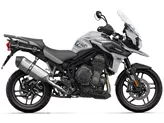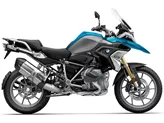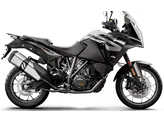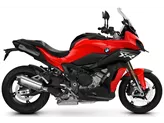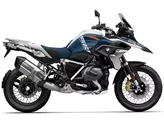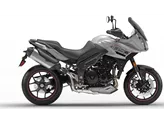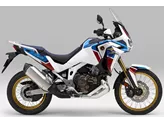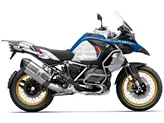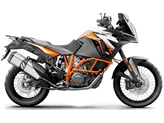BMW R 1250 GS 2019 vs. BMW R 1200 GS 2016
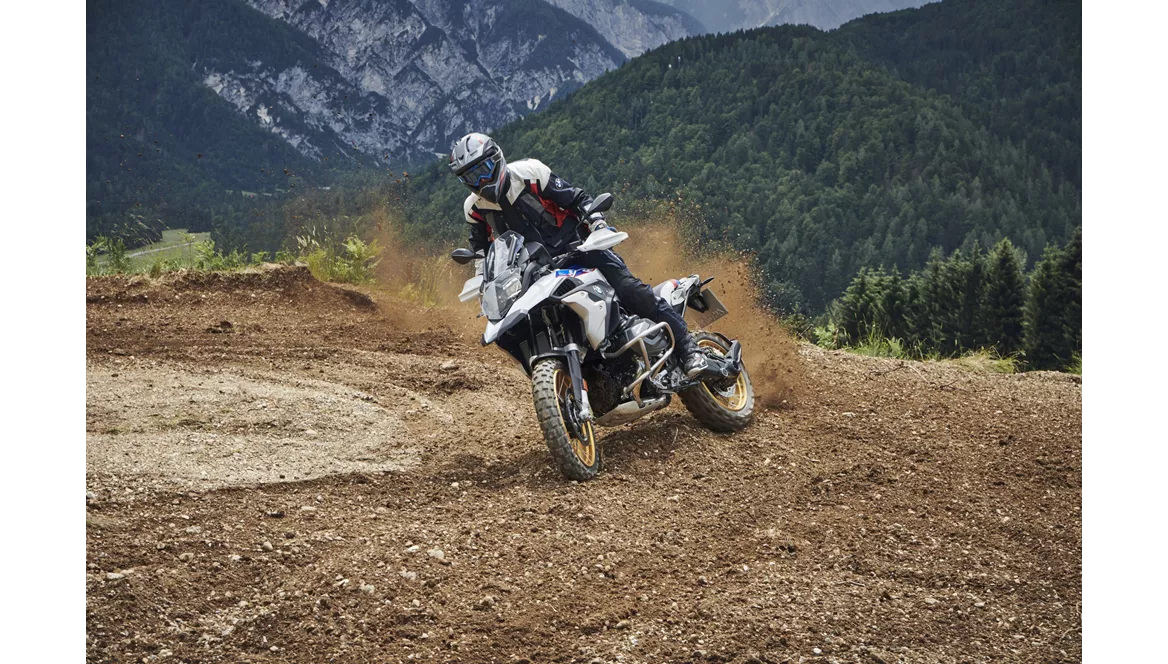
BMW R 1250 GS 2019
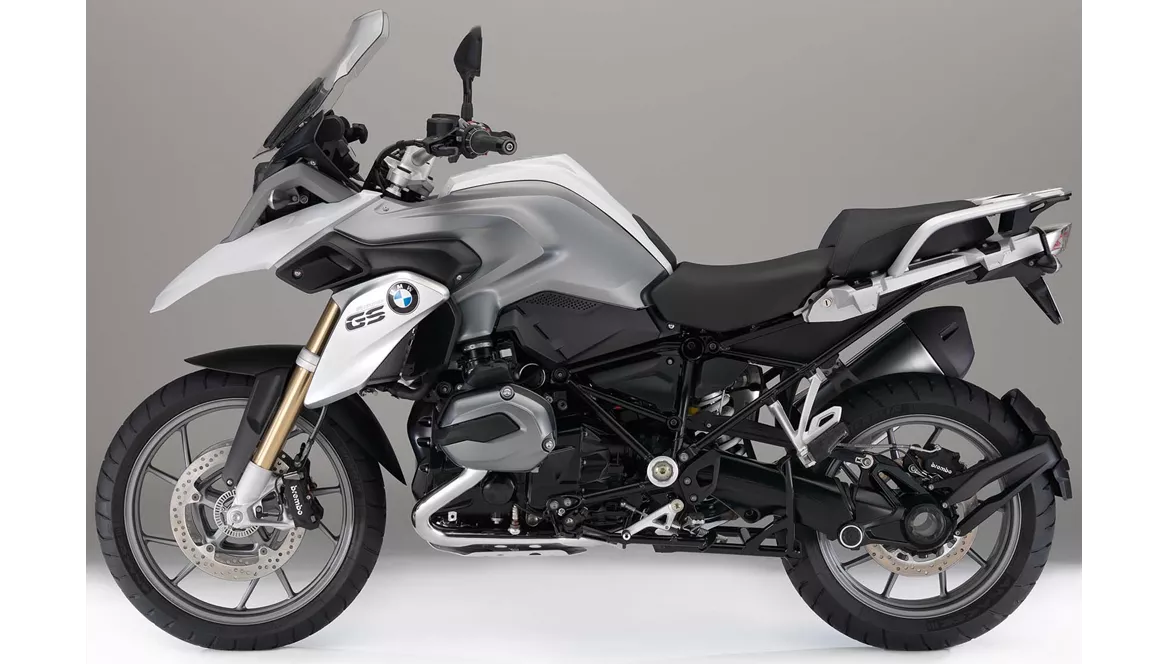
BMW R 1200 GS 2016
Overview - BMW R 1250 GS 2019 vs BMW R 1200 GS 2016
The BMW R 1250 GS 2019 and the BMW R 1200 GS 2016 are both enduro motorcycles with similar technical specifications. However, there are some notable differences between the two models.
In terms of the engine, the BMW R 1250 GS 2019 has a larger displacement of 1254cc compared to the 1170cc of the BMW R 1200 GS 2016. This results in a higher engine power of 136 HP for the 2019 model, compared to 125 HP for the 2016 model. The torque is also higher for the 2019 model at 143 Nm, compared to 125 Nm for the 2016 model. This means that the 2019 model has a more powerful and high-torque boxer engine, providing better performance.
Both models have a transmission system with a prop shaft, ensuring smooth power transfer to the rear wheel. They also have the same number of cylinders and similar bore and stroke measurements.
In terms of suspension, the BMW R 1250 GS 2019 has a telelever front suspension, while the BMW R 1200 GS 2016 has a strut front suspension. The telelever front suspension on the 2019 model provides better stability and handling, especially on uneven terrain. Both models have preload adjustment for the front suspension, allowing riders to customize the suspension settings according to their preference.
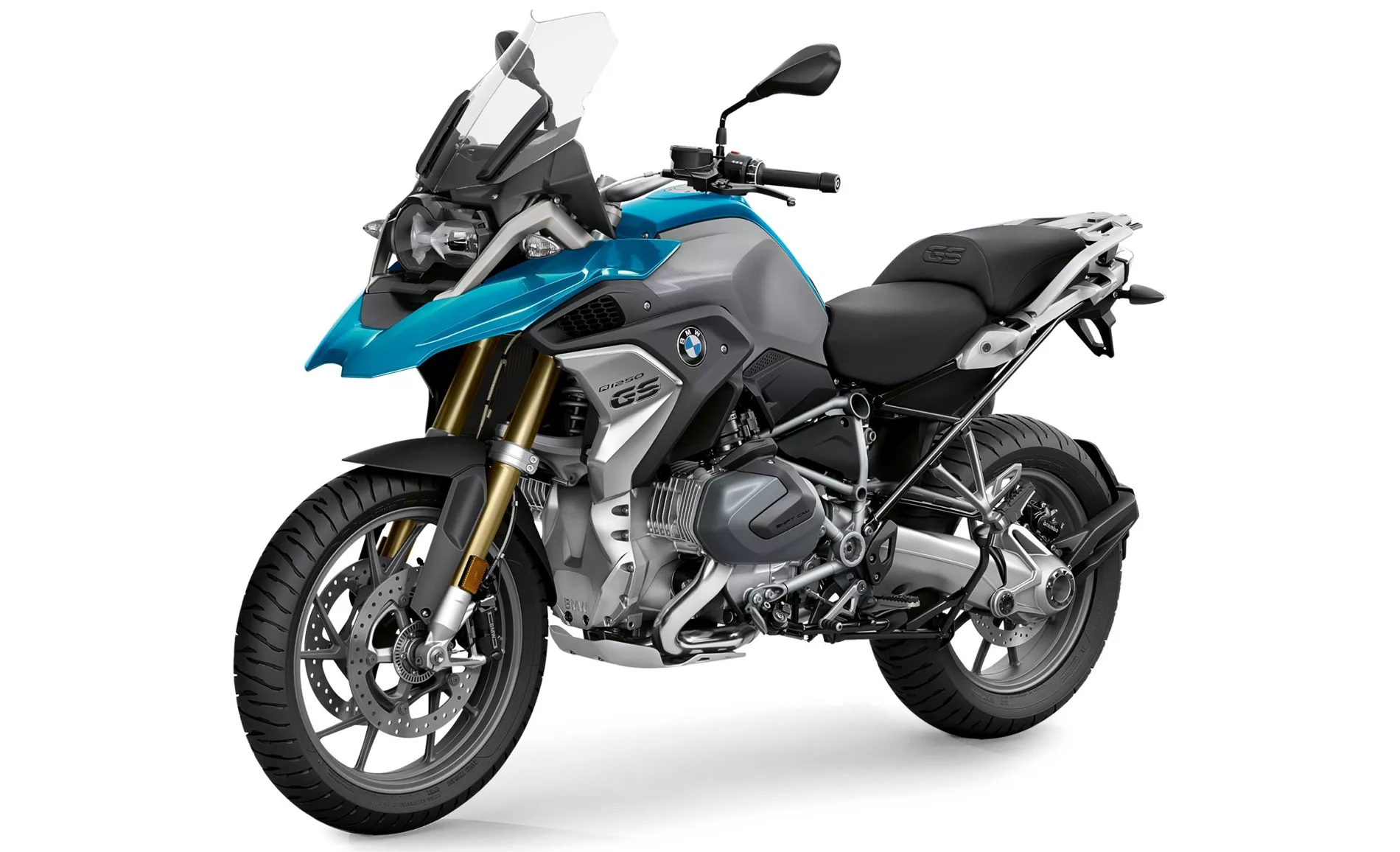
BMW R 1250 GS 2019
For the rear suspension, both models have a single swing arm design with preload adjustment. This allows riders to adjust the suspension according to their weight and riding style.
In terms of the chassis, both models have a steel frame. However, the frame type differs slightly, with the 2019 model having a load-bearing engine frame, while the 2016 model has a twin tube, load-bearing engine frame. Both frames provide good stability and durability.
Both models have double disk brakes at the front, providing strong and reliable braking performance. The front tire diameter and rear tire width and diameter are the same for both models, ensuring similar handling characteristics.
In terms of dimensions and weights, the BMW R 1250 GS 2019 has a slightly longer wheelbase of 1525mm, compared to 1507mm for the BMW R 1200 GS 2016. The seat height and fuel tank capacity are the same for both models. However, the 2019 model is slightly heavier, with a kerb weight of 249kg compared to 238kg for the 2016 model.
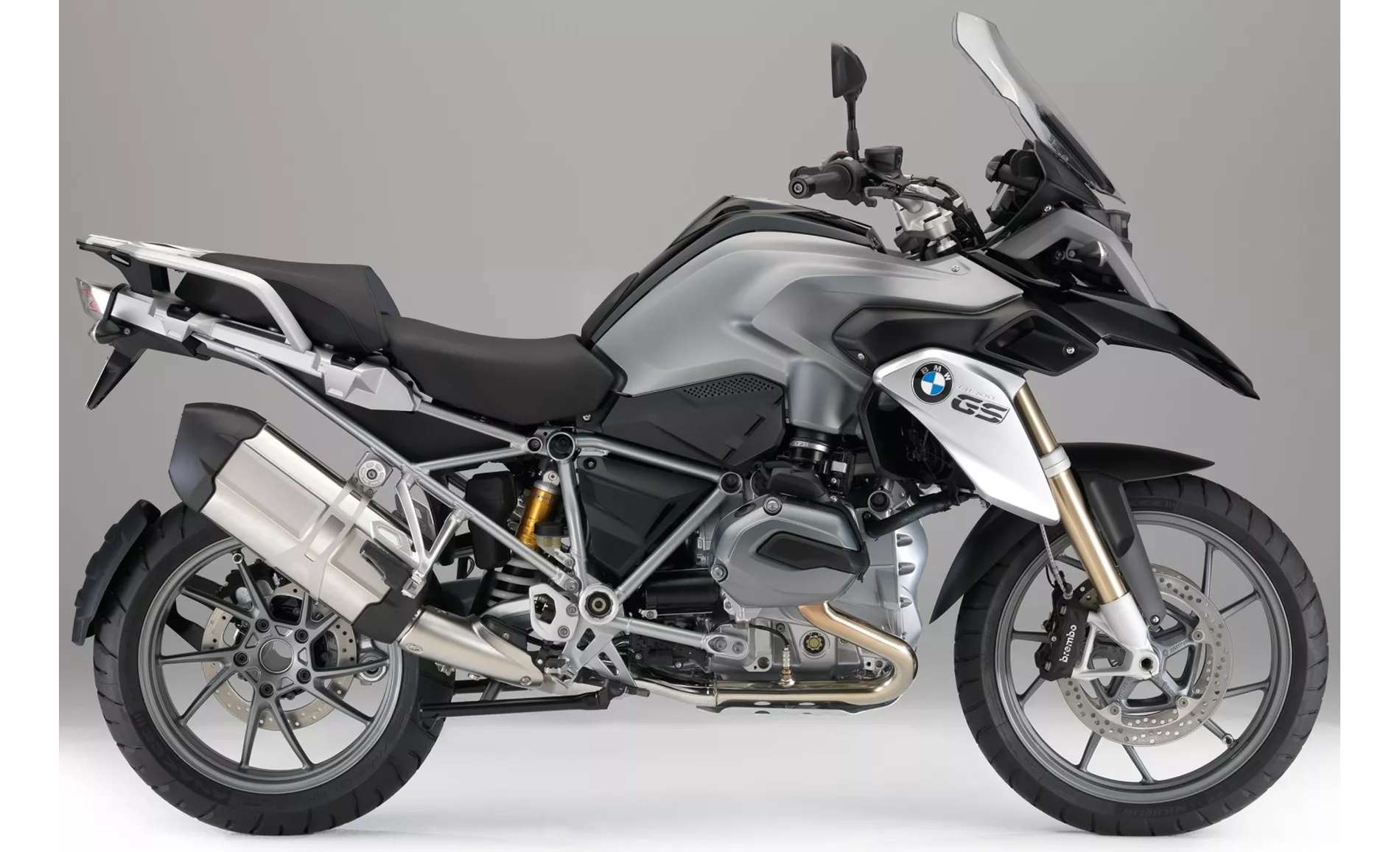
BMW R 1200 GS 2016
When it comes to strengths, the BMW R 1250 GS 2019 has an extremely high-torque boxer engine, providing impressive power and a good sound. The comfortable seating position makes it suitable for long distances, and the stable braking performance ensures safety. The 2019 model also comes with a standard colour TFT display and LED headlights, offering modern features.
On the other hand, the BMW R 1200 GS 2016 is known for its powerful engine and low fuel consumption. The comfortable seating position and off-road capabilities make it versatile, and it has a high reputation among riders.
In terms of weaknesses, the BMW R 1250 GS 2019 has a manageable standard equipment and a long surcharge list. Some may find its appearance jagged with little elegance. The BMW R 1200 GS 2016 also has a long and expensive surcharge side, and the Telelever front suspension may take some getting used to. Additionally, the brake on the 2016 model is very sharp.
Overall, the BMW R 1250 GS 2019 offers improvements in terms of engine power and torque, as well as additional features such as a colour TFT display and LED headlights. However, both models have their own strengths and weaknesses, and the choice between them ultimately depends on the rider's preferences and priorities.
Technical Specifications BMW R 1250 GS 2019 compared to BMW R 1200 GS 2016
Pros and Cons in comparison
Pros and Cons in comparison
BMW R 1250 GS 2019
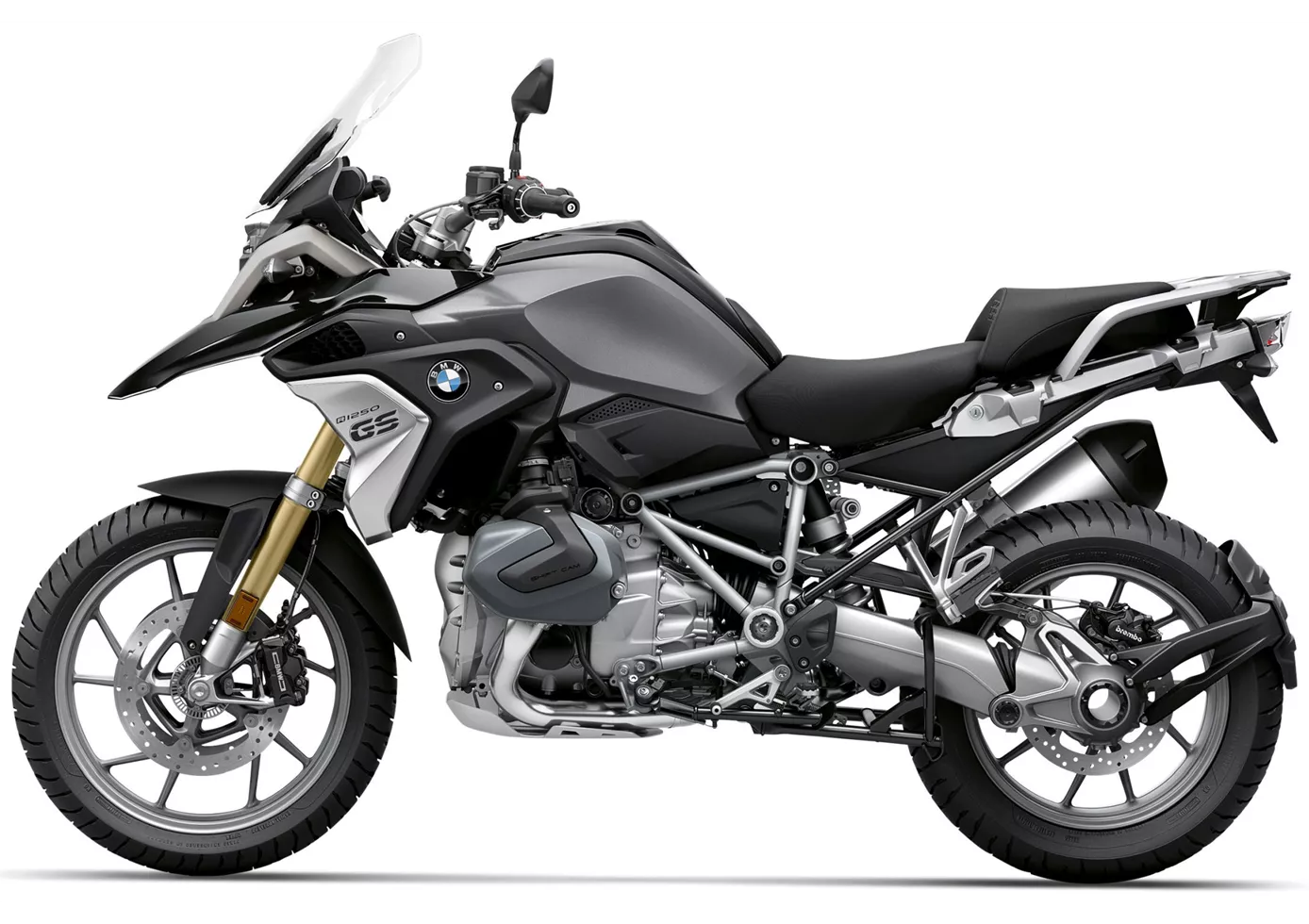
The BMW R 1250 GS is the logical further development of the R 1200 GS - logical above all because one should not expect such a popular motorbike to be radically changed. Accordingly, the design has been changed cautiously, and the familiar options for the chassis and electronics have been retained. The new name R 1250 GS, however, promises a new engine - and it really is something! 136 hp at 7750 rpm and a whopping 143 Newton metres of maximum torque at 6250 rpm are an absolute blast! BMW has thus renovated the big GS almost perfectly: it remains clearly recognisable, has a little more electronics as standard, a still long list of surcharges (which customers like to tick from A to Z) and a now even better and more sovereign power plant - what more could you want?!
BMW R 1200 GS 2016
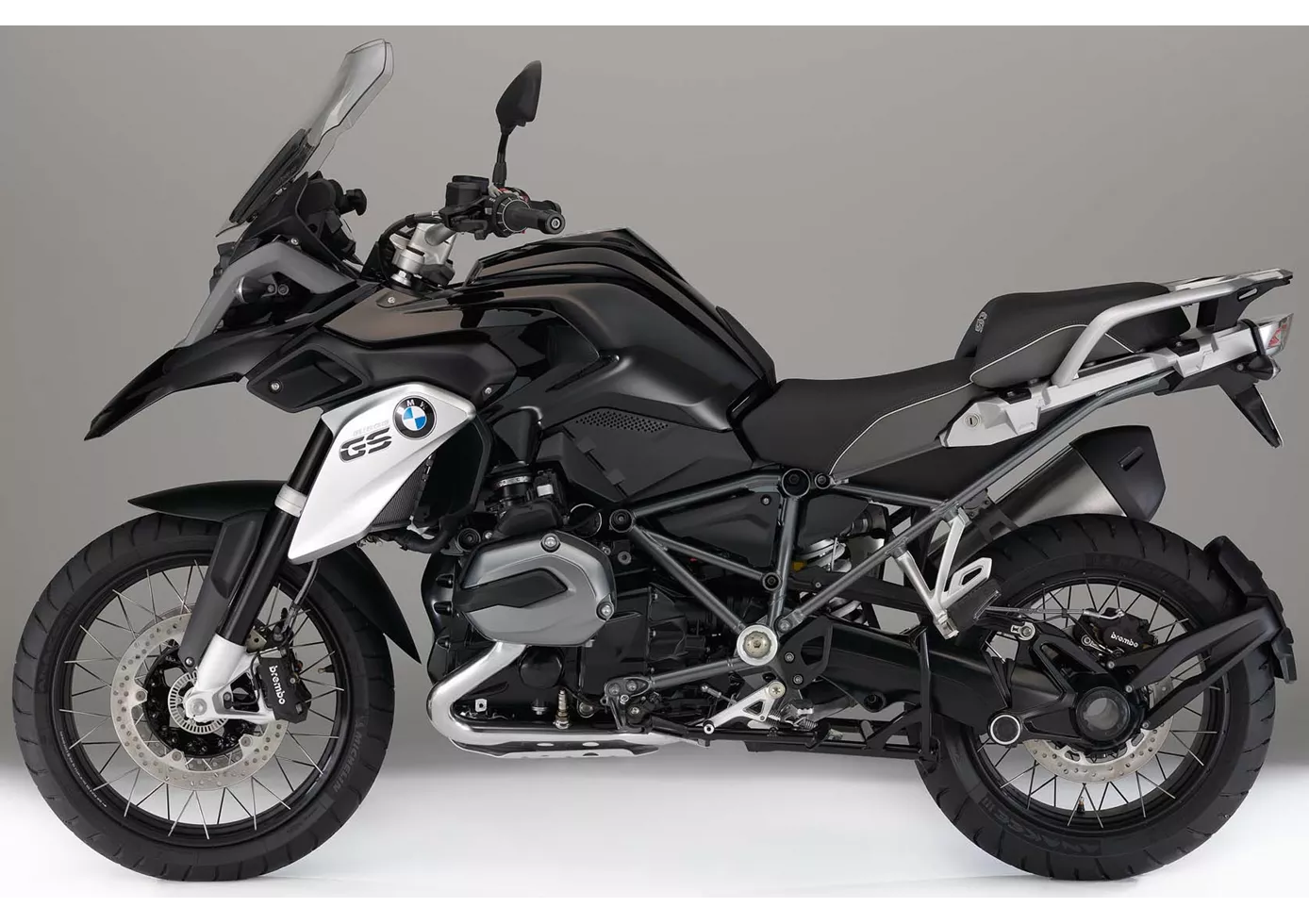
A GS is at home almost anywhere - but only to a limited extent on the racetrack. It's a pleasure to feel the power of the partially water-cooled boxer twin cylinder on the exit of the bend - 125 hp only seems much weaker on paper than 150 or even 160 hp on the competition. With 125 Newton metres of torque, the acceleration from the bottom is superb anyway and the GS, at 238 kilos ready to ride, does not carry too much flab despite its bulky appearance. In very tight corners, the low centre of gravity also has a positive effect - the BMW R 1200 GS is very hard to crack! Even the front telelever suspension, which suppresses the front wheel's tendency to sink in under braking, fits perfectly into the GS's overall package and only slightly detracts from its sporty character.
Price Comparison Avarage Market Price BMW R 1250 GS vs BMW R 1200 GS
There are a few key differences between a BMW R 1250 GS 2019 and a BMW R 1200 GS 2016. In terms of price, the actual average price of a BMW R 1250 GS 2019 is about 20% higher. A BMW R 1250 GS 2019 experiences a loss of 980 GBP in one year and 920 GBP in two years of ownership. This is offset by a loss of 420 GBP and 900 GBP for a BMW R 1200 GS 2016. Compared to BMW R 1200 GS 2016 there are more BMW R 1250 GS 2019 bikes available on the 1000PS.de Marketplace, specifically 104 compared to 47. It takes less time to sell a BMW R 1250 GS with 46 days compared to 70 days for a BMW R 1200 GS. Since model year 2019 1000PS.de editors have written 50 reviews for the BMW R 1250 GS and 98 reviews for the BMW R 1200 GS since model year 2005. The first review for the BMW R 1250 GS was published on 19/09/2018 and now has more than 305,600 views. This compares to more than 19,100 views for the first review on BMW R 1200 GS published on 20/01/2004.
